Lionel Trilling as Critic and His Literary Vision Lionel Trilling as Critic occupies a special place in twentieth-century criticism. He combined literary study with cultural analysis. Therefore, he never limited himself to technical readings alone. Instead, he linked literature with Read More …
Category: The History of English Literature
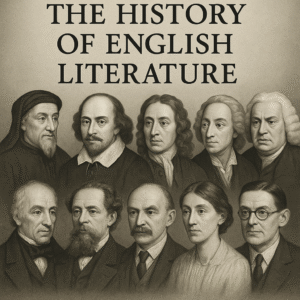
The History of English Literature offers a rich exploration of the development of literary works from the earliest Anglo-Saxon texts to contemporary masterpieces. This category provides in-depth articles, study guides, quizzes, and timelines covering key literary periods such as the Old English era, Middle English literature, the Renaissance, Neoclassical Age, Romantic Movement, Victorian literature, and Modernist innovations. Whether you are a student, researcher, or literature enthusiast, you’ll find detailed analyses of major writers like Geoffrey Chaucer, William Shakespeare, John Milton, Jane Austen, Charles Dickens, and T.S. Eliot. Discover how historical events, cultural movements, and philosophical ideas shaped the evolution of English literature over the centuries. Enhance your understanding of literary techniques, themes, and genres as you navigate through the fascinating journey of English literary history. This resource is ideal for exam preparation, academic research, and anyone passionate about the legacy of English literary traditions.
F.R.Leavis as Critic
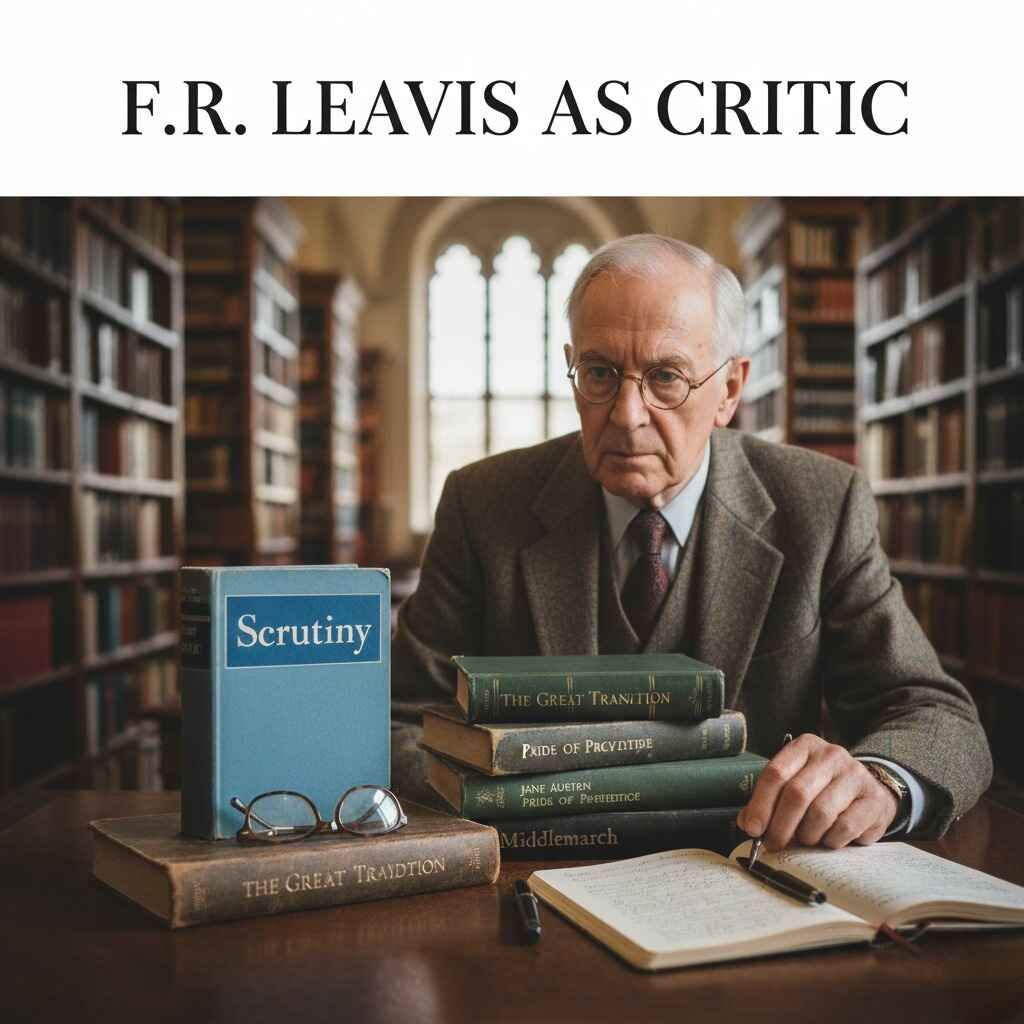
Introduction F.R.Leavis as Critic remains a giant of British letters. Specifically, he was born in Cambridge in 1895. Consequently, he spent his entire life at the University. Therefore, he is a pillar of the English tradition. Furthermore, he sought to Read More …
I.A.Richards as Critic
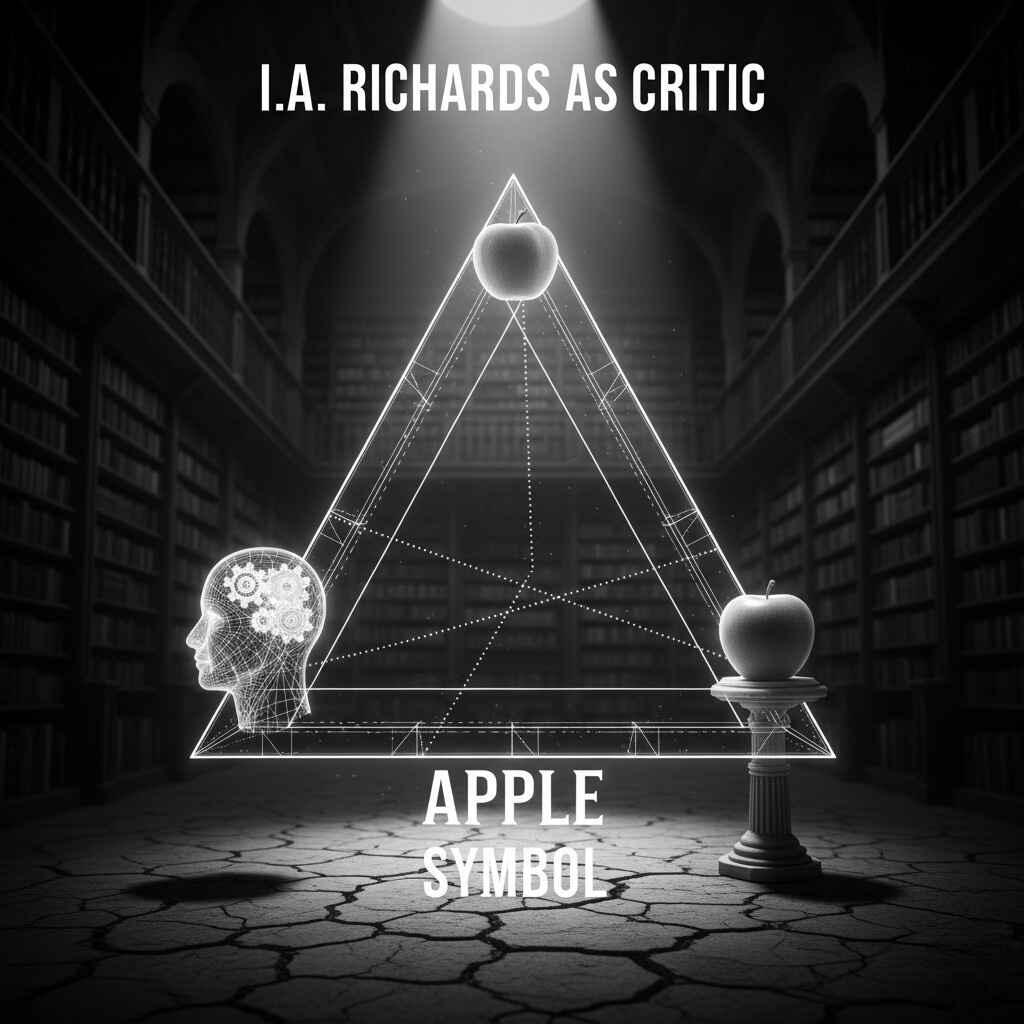
Introduction I.A.Richards as Critic revolutionized the study of English literature. Specifically, he sought to move beyond vague, impressionistic reactions. Consequently, he introduced a rigorous, analytical method to the field. Therefore, his work at Cambridge set a new global standard. Furthermore, Read More …
Luigi Pirandello as Playwright
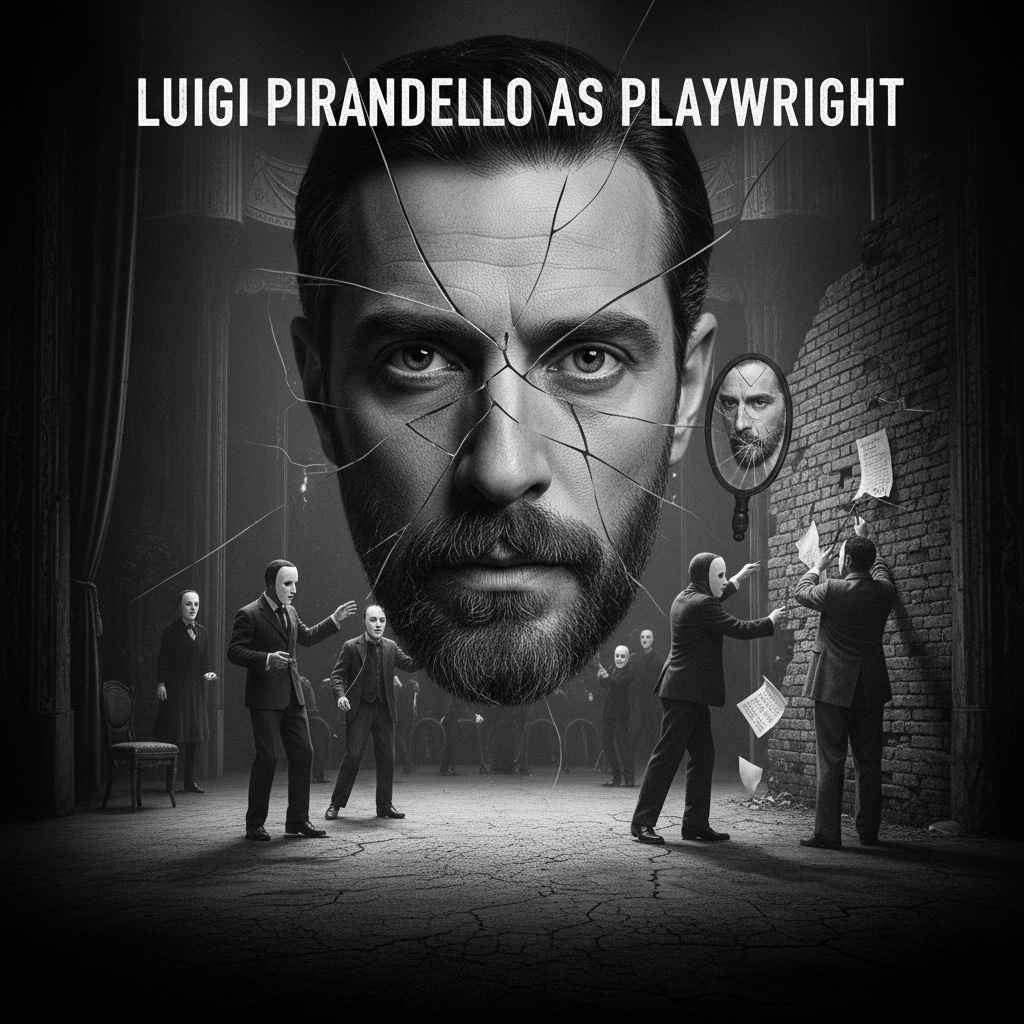
Introduction Luigi Pirandello as Playwright redefined the boundaries of the modern stage. Specifically, he was born in Sicily during the late nineteenth century. Consequently, his work reflects the deep tensions of Italian society. Furthermore, he challenged the idea of a Read More …
Samuel Beckett as Playwright
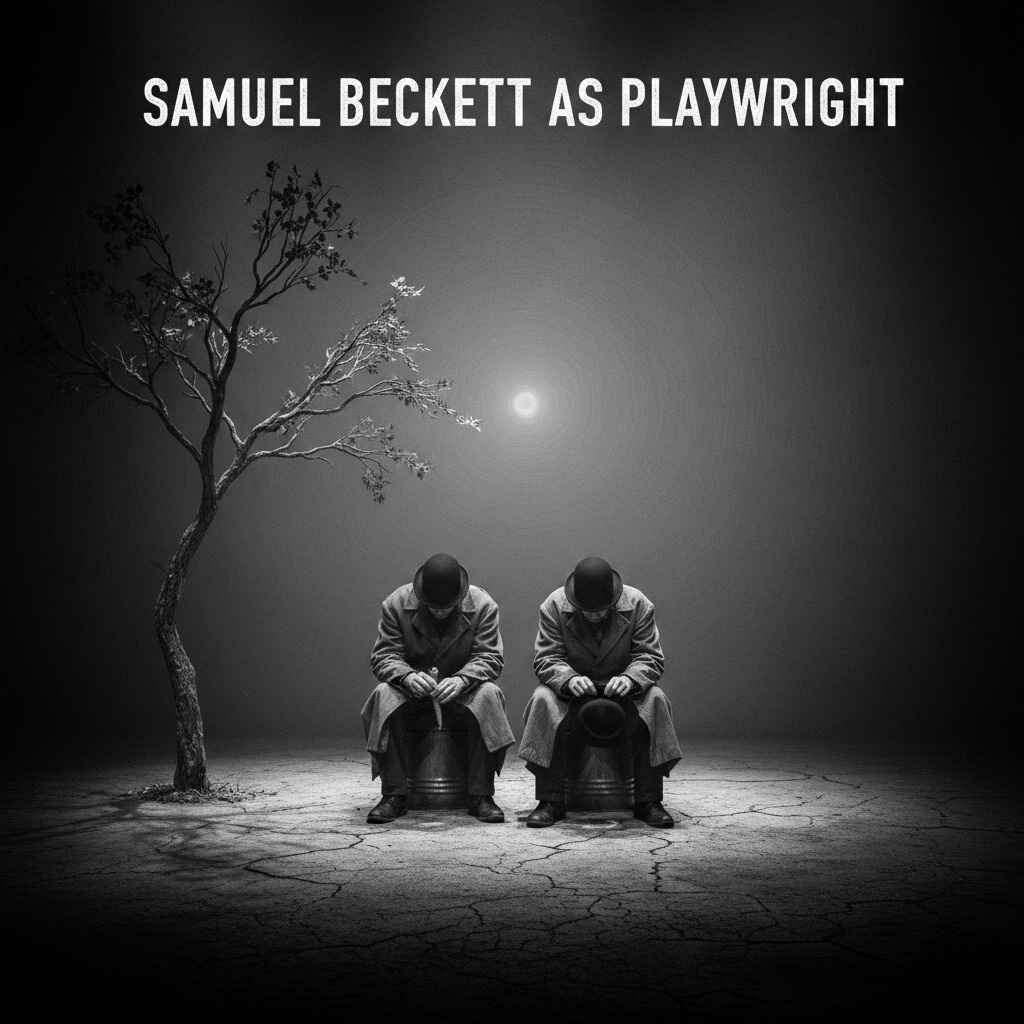
Introduction Samuel Beckett as Playwright changed the face of modern drama forever. Furthermore, he stripped the stage of all unnecessary clutter. Consequently, his plays explore the raw core of human existence. In addition, he often focused on the themes of Read More …
Jean Rhys as Novelist
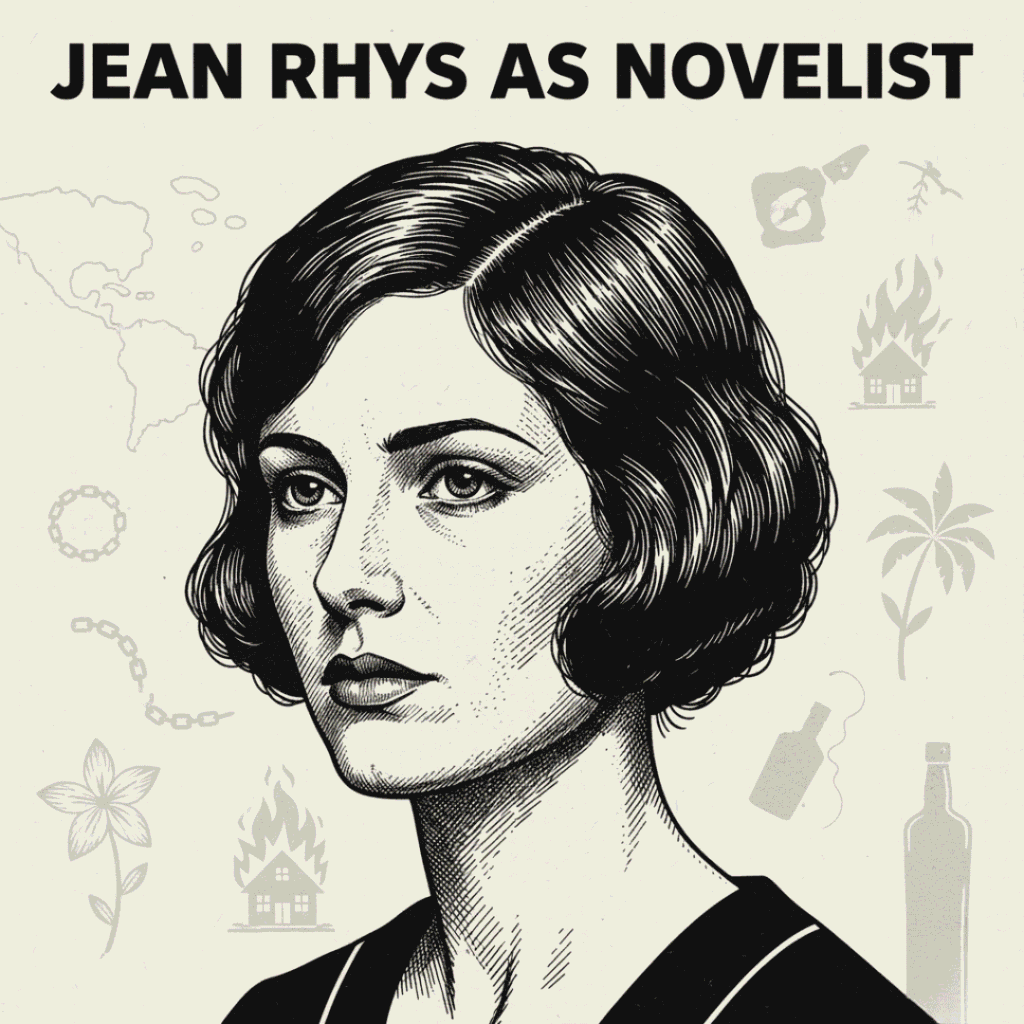
Introduction Jean Rhys as Novelist stands as a haunting and singular voice in the world of modern letters. She explored the dark corners of the female soul with a cold and very sharp eye. Her work often focuses on those Read More …
Hugh MacDiarmid as Poet
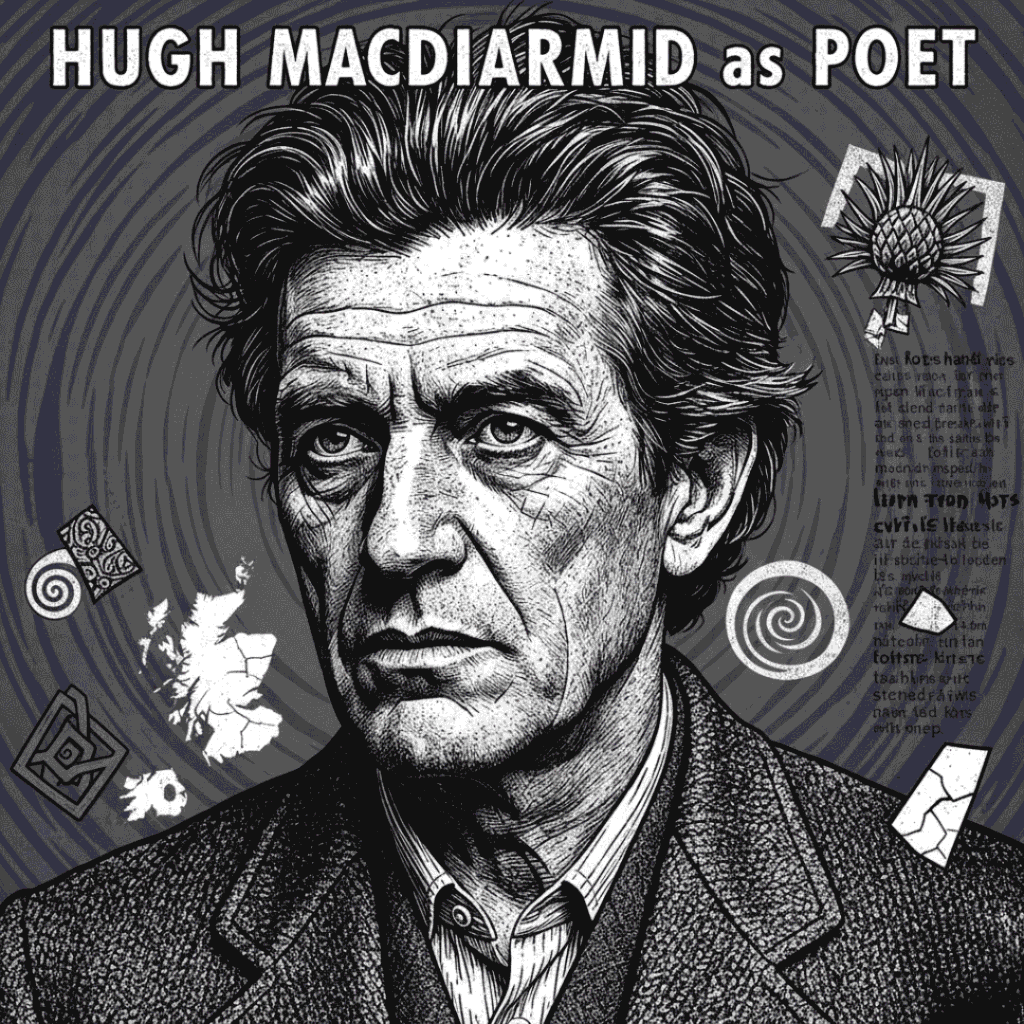
Introduction Hugh MacDiarmid as poet stands as a colossus in Scottish letters. He ignited the 20th-century Scottish Renaissance. His work redefined national identity and literary ambition. Readers find a fierce intellect and deep passion here. Thus, he broke from old Read More …
E.E.Cummings as Poet
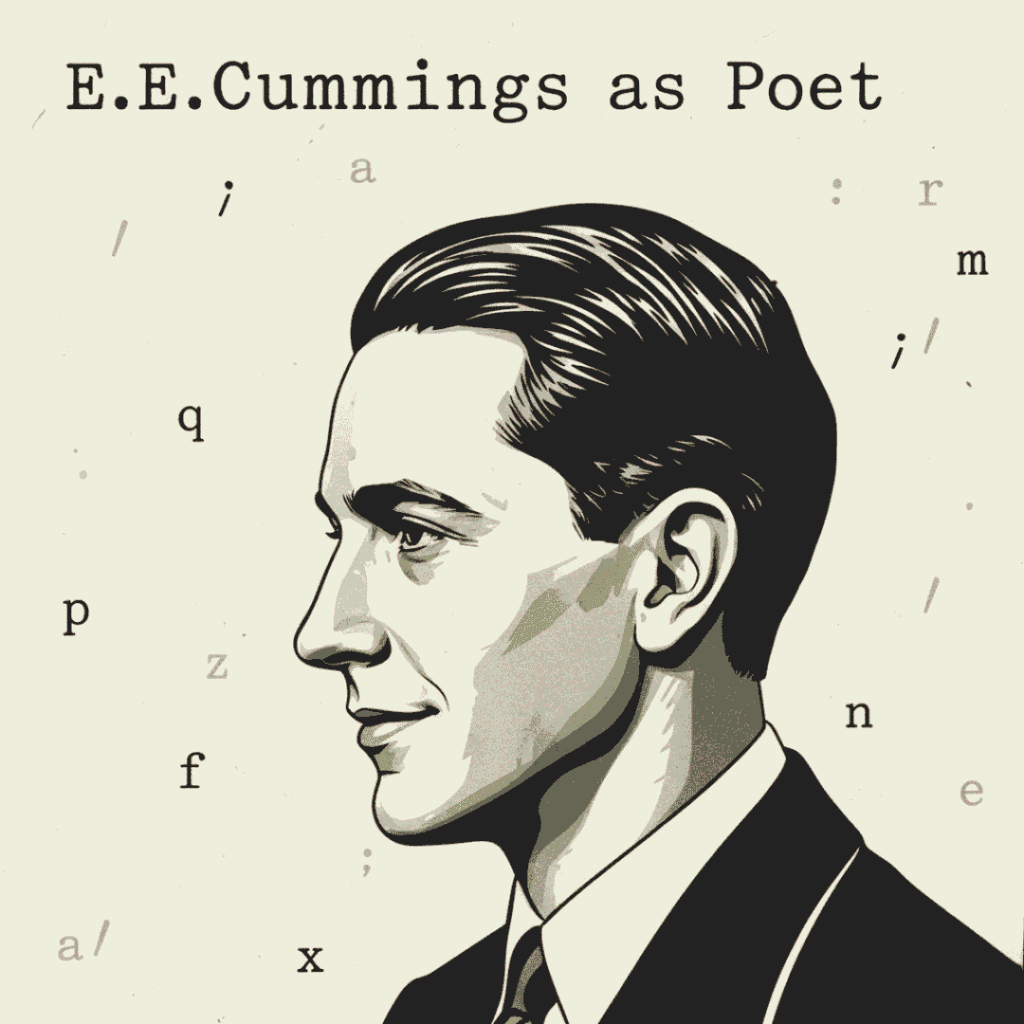
Introduction E.E.Cummings as poet stands as a giant in modern letters. He changed how we see the written word today. His work often defies the standard rules of grammar. Yet, his voice remains tied to deep emotional truths. Readers find Read More …
Dylan Thomas as Modernist Poet
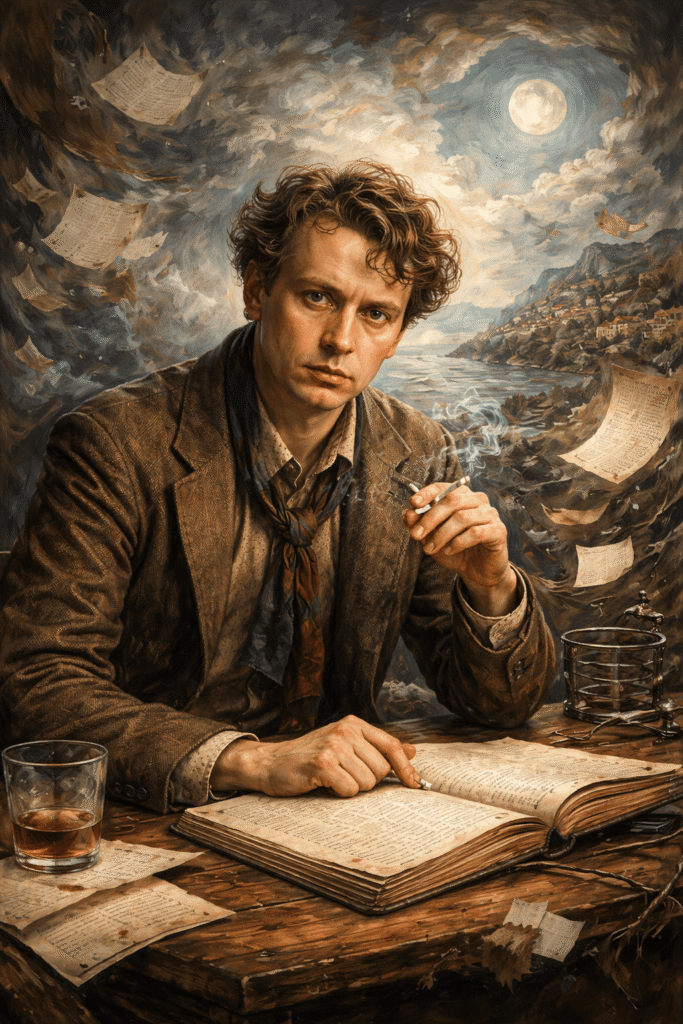
1. Introduction Dylan Thomas was a legendary force in 20th-century literature. Indeed, he redefined the musicality of the English language. Dylan Thomas as modernist poet remains a vital academic subject. For instance, he was born in Swansea, Wales, in 1914. Read More …
Marianne Moore as Modernist Poet
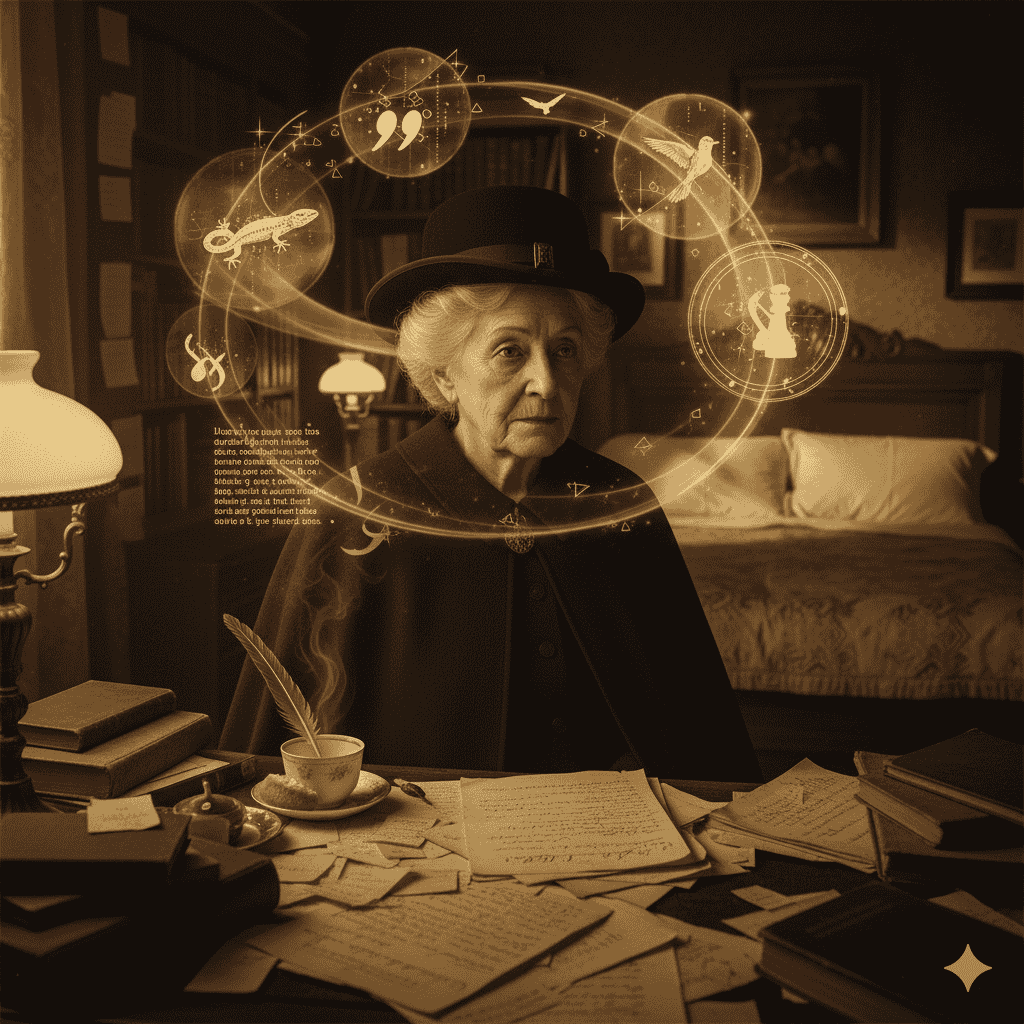
1. Introduction Marianne Moore was a pioneer of the 20th century. Indeed, she changed the way we read modern verse. Marianne Moore as modernist poet remains a very vital figure. For instance, she was born in Missouri in 1887. Her Read More …
